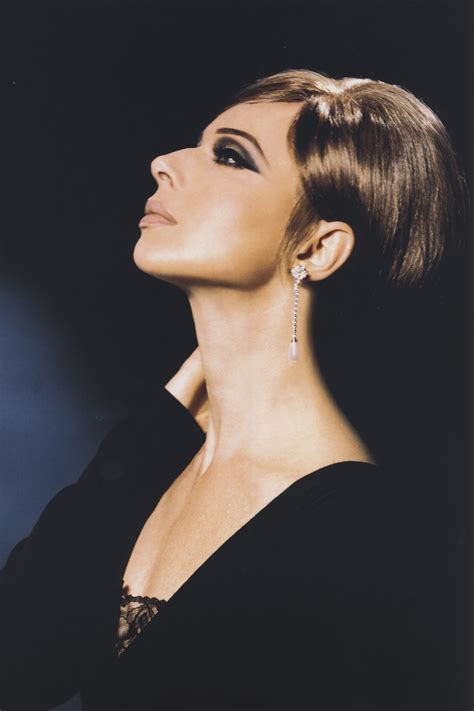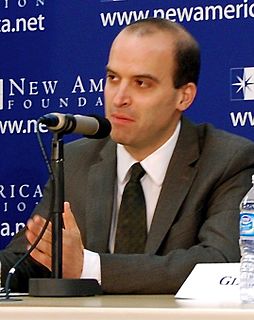Цитата Кевина Окойна
Красота может принести счастье, но счастье всегда приносит красоту.
Связанные цитаты
Меня всегда учили, что стремление к счастью — мое естественное (даже национальное) право по рождению. Эмоциональный товарный знак моей культуры — поиск счастья. И не просто какое-то счастье, а глубокое счастье, даже парящее счастье. А что может принести человеку большее парящее счастье, чем романтическая любовь.
Найти счастье — это как найти себя. Вы не находите счастья, вы делаете его. Вы выбираете счастье. Самоактуализация — это процесс открытия того, кто вы есть, кем вы хотите быть, и прокладывания пути к счастью, делая то, что приносит вам наибольший смысл и удовлетворение в вашей жизни в долгосрочной перспективе.
Медитативное состояние — это высшее состояние существования. Пока есть желание, настоящее счастье не придет. Только созерцательное изучение объектов, подобное свидетелю, приносит нам истинное наслаждение и счастье. Животное имеет свое счастье в чувствах, человек — в своем интеллекте, а бог — в духовном созерцании. Только для души, достигшей этого созерцательного состояния, мир действительно становится прекрасным. Для того, кто ничего не желает и не смешивается с ними, многообразные изменения природы представляют собой одну панораму красоты и возвышенности.
Запомните одно: тот, кто приносит несчастье другим, в конце концов становится несчастным и сам, а тот, кто приносит счастье другим, в конце концов достигает вершин счастья. Вот почему я говорю, что тот, кто пытается дать счастье, развивает в себе центр счастья, а тот, кто пытается принести несчастье другим, развивает в себе центр несчастья.







































